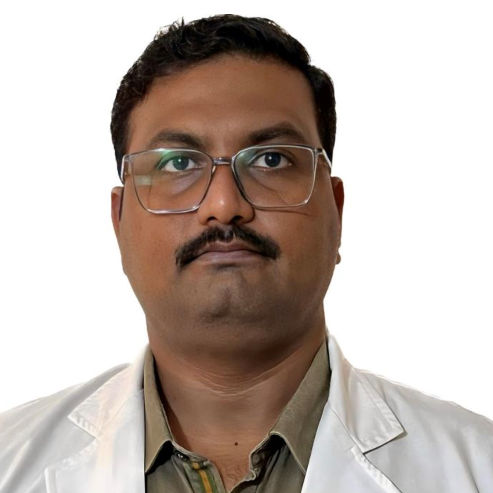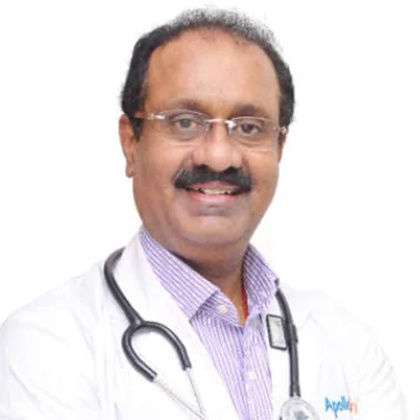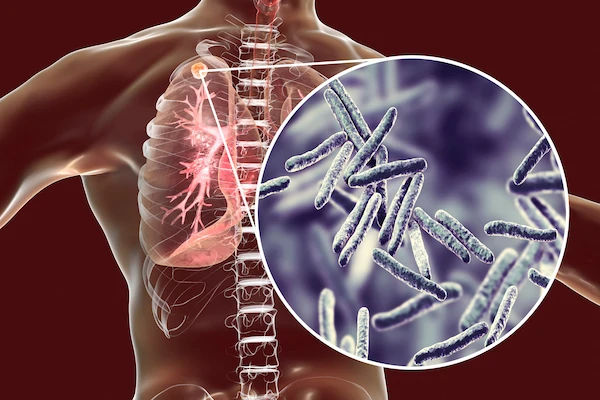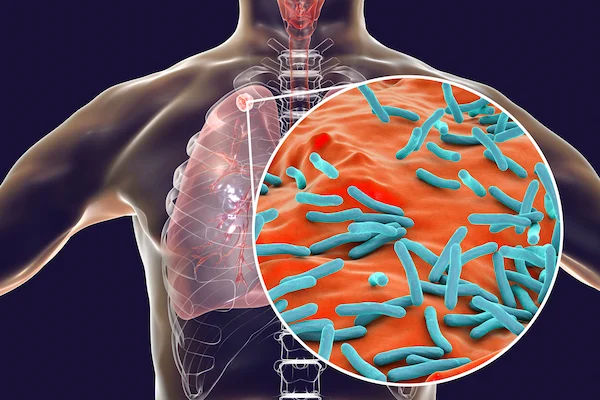World Tuberculosis Day Overview and Theme
Explore the significance of World Tuberculosis Day, its history, and annual theme. Learn about global efforts to raise awareness, prevention, and control of tuberculosis.

Written by Dr. Dhankecha Mayank Dineshbhai
Reviewed by Dr. M L Ezhilarasan MBBS
Last updated on 13th Jan, 2026

Introduction
Every year on March 24th, the world observes World Tuberculosis (TB) Day to raise awareness about this infectious disease, its impact on global health, and the efforts to eliminate it. This day marks the discovery of the TB-causing bacteria by Dr. Robert Koch in 1882, a breakthrough that paved the way for diagnosis and treatment.
The theme for World TB Day 2024 is "Yes! We Can End TB!", emphasizing hope, collective action, and the commitment needed to eradicate tuberculosis.
What is Tuberculosis (TB)?
Tuberculosis is a bacterial infection caused by Mycobacterium tuberculosis. It primarily affects the lungs (pulmonary TB) but can also spread to other organs like the brain, kidneys, or spine (extrapulmonary TB). TB spreads through the air when an infected person coughs, sneezes, or talks.
While TB is curable and preventable, it remains a major public health concern, especially in developing countries. Early detection and proper treatment are crucial to stopping its spread.
Consult a Pulmonologist for the best advice
Symptoms of Tuberculosis
TB symptoms can vary depending on whether it affects the lungs or other body parts. Common signs include:
- Persistent cough (lasting more than 2 weeks)
- Coughing up blood or mucus
- Chest pain
- Fatigue and weakness
- Fever and night sweats
- Unintentional weight loss
If you experience these symptoms, consult a doctor immediately. Early diagnosis can prevent severe complications.
Causes and Risk Factors
TB spreads through airborne droplets when an infected person coughs or sneezes. However, not everyone exposed to
TB bacteria gets sick. Some factors increase the risk:
- Weakened immune system (due to HIV, diabetes, or malnutrition)
- Close contact with a TB patient
- Living in crowded or poorly ventilated conditions
- Smoking or excessive alcohol use
How TB Affects Health
If left untreated, TB can be life-threatening. It damages the lungs, making breathing difficult, and can spread to other organs, leading to complications like:
- Meningitis (brain infection)
- Spinal TB (Pott’s disease)
- Kidney or liver damage
People with latent TB (where bacteria are inactive) don’t show symptoms but can develop active TB if their immunity weakens.
Prevention and Treatment
Early action can make a big difference in health outcomes. Here’s an overview of prevention and treatment:
1. Vaccination
The BCG vaccine helps protect children from severe forms of TB, though it doesn’t prevent all cases.
2. Early Diagnosis & Treatment
- Sputum test, chest X-ray, or TB skin test can confirm TB.
- Antibiotic treatment (usually 6–9 months) is essential. Never stop medication early, as incomplete treatment can lead to
drug-resistant TB, which is harder to cure.
3. Preventive Measures
- Cover your mouth when coughing/sneezing.
- Ensure good ventilation in living spaces.
- Maintain a healthy diet and strong immunity.
- Avoid close contact with active TB patients.
How You Can Help End TB
You can contribute to ending TB by following these steps:
- Get tested if you have symptoms.
- Support TB awareness campaigns.
- Encourage proper treatment adherence in patients.
Final Thoughts
World TB Day reminds us that ending TB is possible with awareness, timely treatment, and global cooperation. If you or someone you know shows symptoms, seek medical help immediately. Together, we can fight TB and create a healthier future.
Consult a Pulmonologist for the best advice
Consult a Pulmonologist for the best advice

Dr Vishwa Vijeth K.
Pulmonology Respiratory Medicine Specialist
8 Years • MBBS, MD ( Respiratory Medicine)
Bangalore
Apollo Clinic Bellandur, Bangalore
Dr. Preeti Kathail
General Physician/ Internal Medicine Specialist
17 Years • MBBS, PGDHHM
Bangalore
Apollo Clinic Bellandur, Bangalore

Dr. Mary Susan K S
General Physician/ Internal Medicine Specialist
13 Years • MBBS, MD INTERNAL MEDICINE
Bengaluru
Apollo Clinic, Sarjapur Road, Bengaluru
(25+ Patients)

Dr Rakesh Bilagi
Pulmonology Respiratory Medicine Specialist
10 Years • MBBS MD PULMONOLOGIST
Bengaluru
Apollo Clinic, JP nagar, Bengaluru

Dr. Suresh G
General Physician/ Internal Medicine Specialist
25 Years • MBBS, MD
Bangalore
Apollo Clinic Bellandur, Bangalore
(225+ Patients)
Consult a Pulmonologist for the best advice

Dr Vishwa Vijeth K.
Pulmonology Respiratory Medicine Specialist
8 Years • MBBS, MD ( Respiratory Medicine)
Bangalore
Apollo Clinic Bellandur, Bangalore
Dr. Preeti Kathail
General Physician/ Internal Medicine Specialist
17 Years • MBBS, PGDHHM
Bangalore
Apollo Clinic Bellandur, Bangalore

Dr. Mary Susan K S
General Physician/ Internal Medicine Specialist
13 Years • MBBS, MD INTERNAL MEDICINE
Bengaluru
Apollo Clinic, Sarjapur Road, Bengaluru
(25+ Patients)

Dr Rakesh Bilagi
Pulmonology Respiratory Medicine Specialist
10 Years • MBBS MD PULMONOLOGIST
Bengaluru
Apollo Clinic, JP nagar, Bengaluru

Dr. Suresh G
General Physician/ Internal Medicine Specialist
25 Years • MBBS, MD
Bangalore
Apollo Clinic Bellandur, Bangalore
(225+ Patients)




